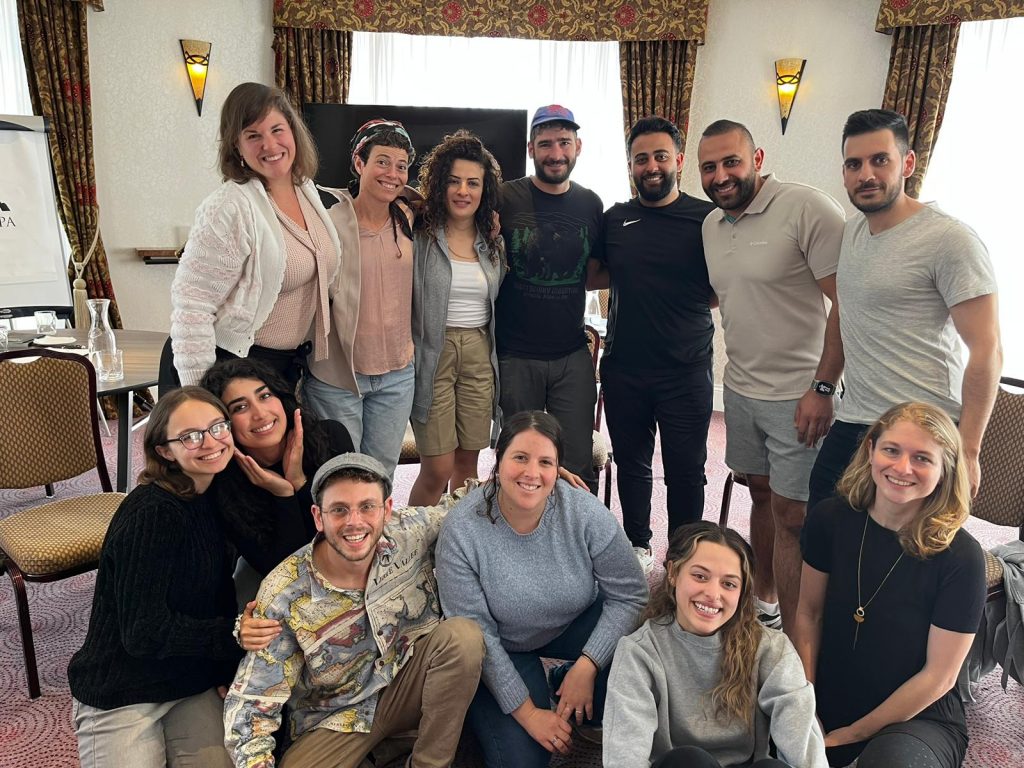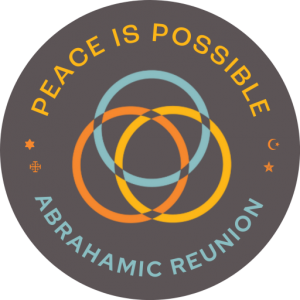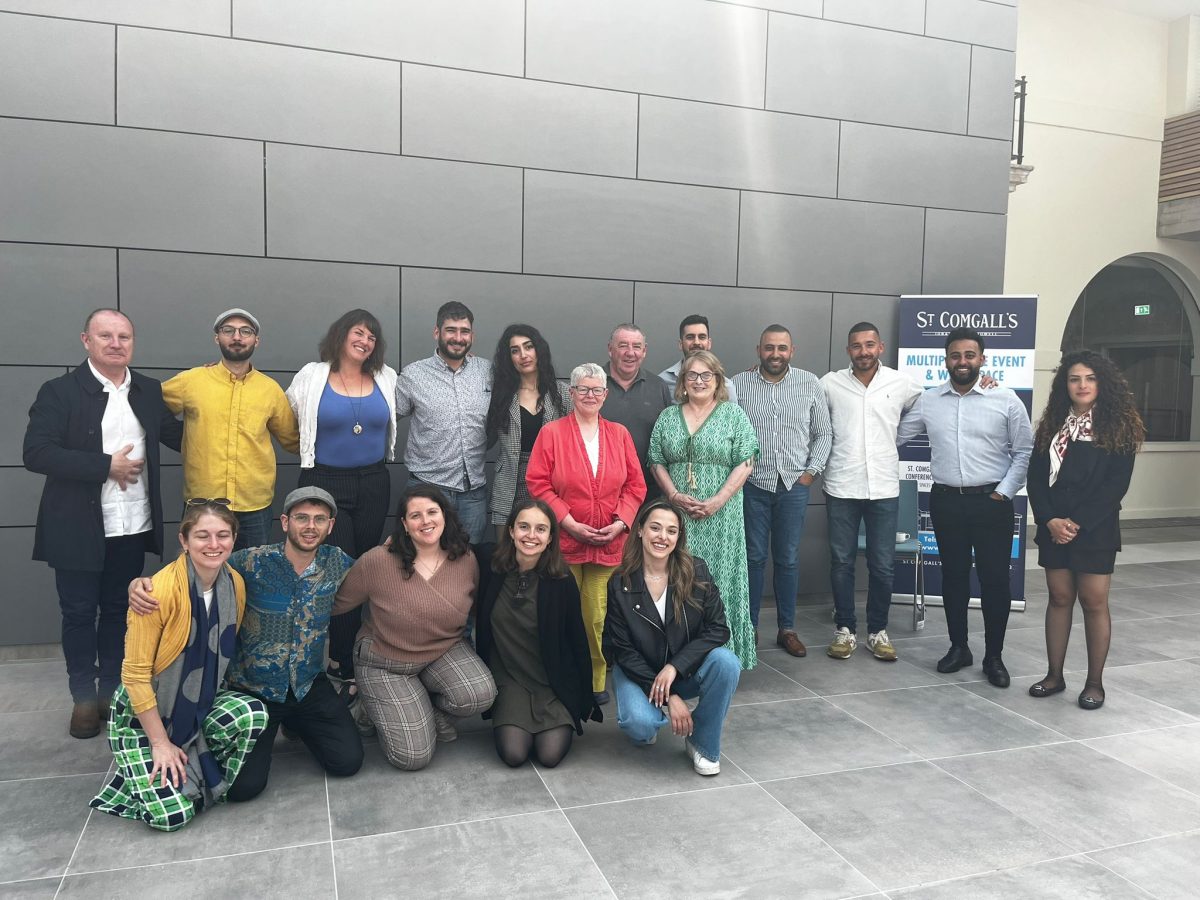
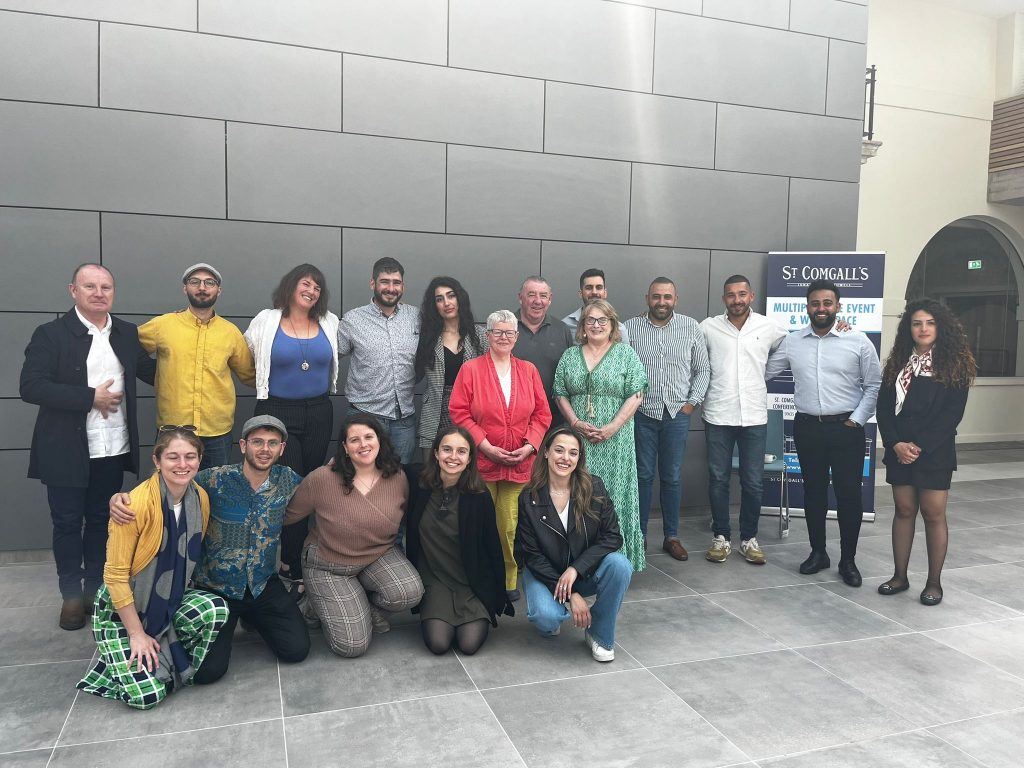
As a member of the Abrahamic Reunion and a peace activist, I recently had the privilege of joining the Amal Tikva delegation on a transformative journey to Belfast. This vibrant city, steeped in a history of conflict and division, served as a powerful backdrop for lessons in understanding, unity, and compassion. Inspired by the teachings of Reb. Simon, I discovered profound insights that resonated deeply within me, shaping my perspective on peacebuilding and interfaith harmony.
The Clash of Angels: Reb. Simon’s teaching on the creation of Adam, as found in the Talmud Bavli (Sanhedrin 38a), echoed in my mind throughout my time in Belfast. The ministering angels held differing opinions, representing the dichotomy of perspectives within conflicts. Lovingkindness advocated for Adam’s creation, while Truth warned of his potential for deceit. Justice hoped for him to perform acts of fairness, and Peace cautioned against his inclination towards discord. In response, God cast Truth to the ground, emphasizing the need to let truth rise from the earth.
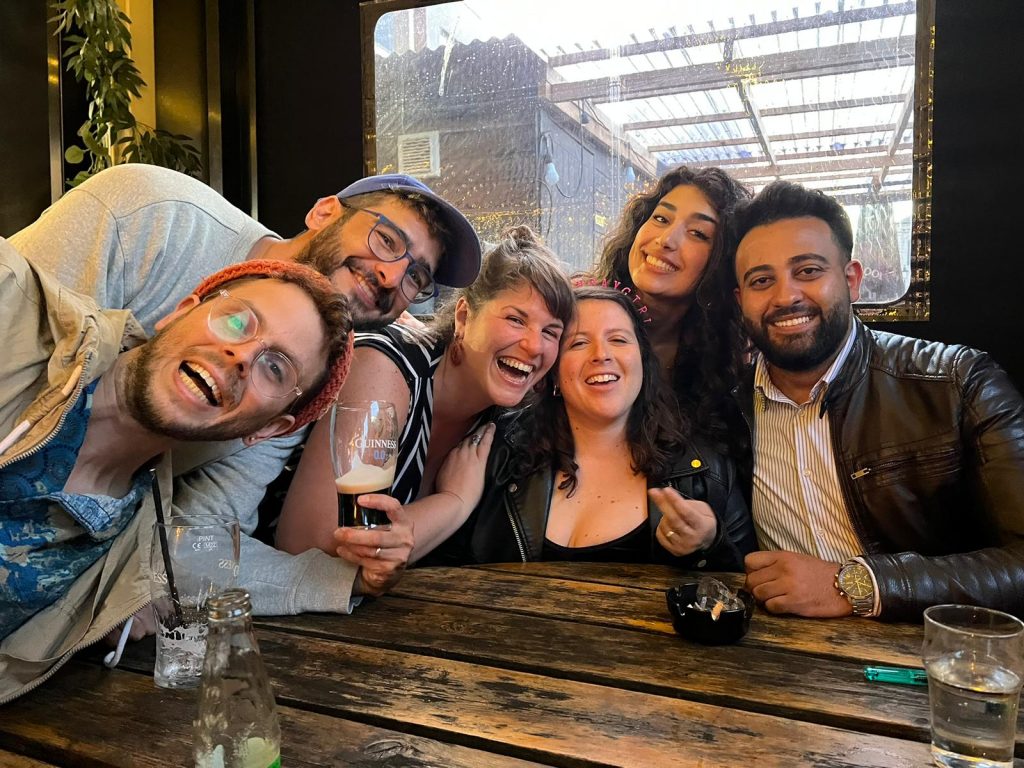
Encounters on Belfast’s Streets: Walking through the streets of Belfast, I witnessed a tangible presence of the Israeli-Palestinian conflict. As I passed by the peace walls separating Catholic and Protestant neighborhoods, Israeli flags and pictures of IDF soldiers adorned the Protestant side, while Palestinian flags and signs advocating for Nakba marches adorned the Catholic side. This striking display highlighted the deep-rooted emotions and connections that communities around the world forge with distant conflicts.
A Pub Encounter: One evening, I found myself in a lively pub, where chance brought me face-to-face with a half-Irish, half-English individual. Curious about how Belfast’s conflict impacted his life, I asked him about his experiences. To my surprise, he recounted a date he went on with a girl who laughed at his Protestant name, William. The anecdote struck me with its simplicity and reminded me of the stark contrast to the Israeli-Palestinian conflict, where the residue of pain often lingers far beyond a simple name. This encounter highlighted the potential for understanding and unity, even amidst seemingly insurmountable differences.
A Journey through Belfast’s Program: The meticulously planned schedule of our delegation allowed us to delve deeper into Belfast’s complex reality and the processes of reconciliation. Our days were filled with insightful lectures and encounters, each contributing to our collective understanding of the challenges and possibilities for peace.
Under the guidance of Dr. Gary Mason, we embarked on a Belfast tour, exploring the symbols and identities intertwined within the city. Gerry McConville and William Mitchell offered perspectives on both Republican and Loyalist viewpoints, providing valuable insights into the historical and cultural dynamics at play.
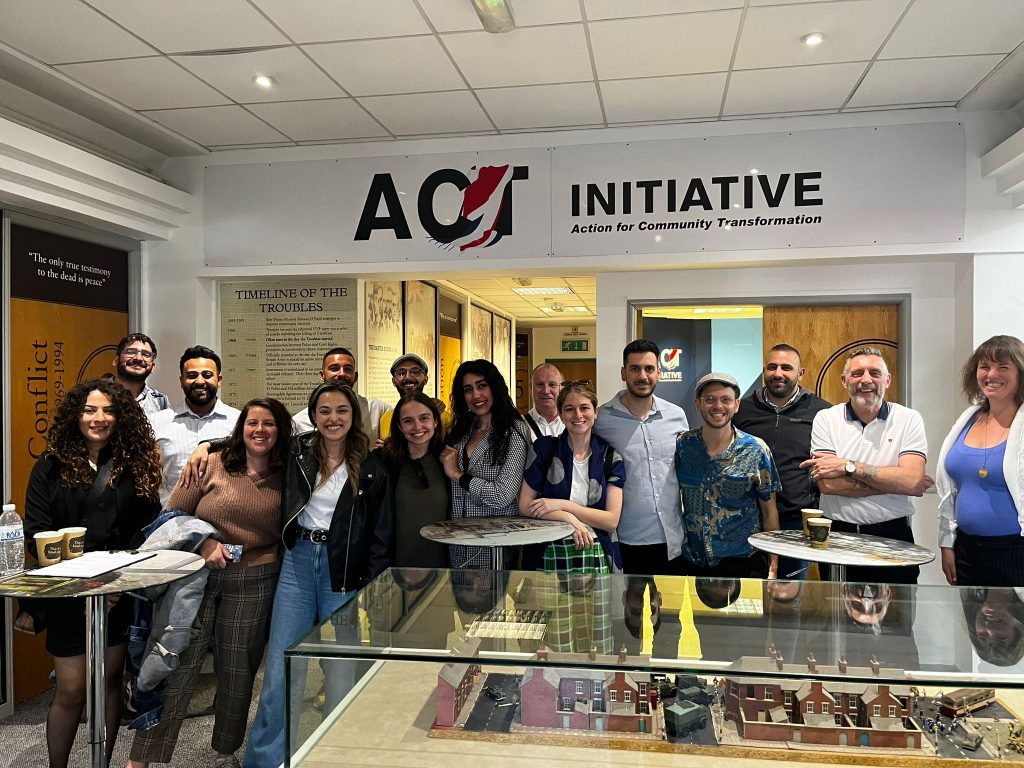
Lectures by Dr. Paul Nolan and Professor Tony Gallagher shed light on the importance of shared education and integrated communities as models for fostering understanding and dismantling barriers. Discussions with city councilors from Unionist and Nationalist backgrounds further deepened our understanding of the complexities of political representation and dialogue.
Visits to Skainos and encounters with bereaved families provided emotional and thought-provoking conversations, revealing the transformative power of shared pain and the potential for healing and reconciliation.
Embracing Unity and Compassion: Through these experiences, I witnessed the resilience and strength of the human spirit, capable of transcending divisions and finding common ground. The stories of bereaved mothers, both Protestant and Catholic, demonstrated that pain can connect rather than divide, bringing forth empathy and unity.
Conclusion: As member of the Abrahamic Reunion, Belfast taught me invaluable lessons in navigating conflicts, fostering understanding, and embracing unity. Just as God held Truth and cast it to the ground, we must be willing to let go of rigid positions and prejudices. The path to peace requires open dialogue, empathy, and compassion.
Let us draw inspiration from Belfast and R. Simon’s teachings, working towards a world where lovingkindness, truth, justice, and peace can converge. Together, we can build bridges that transcend borders, religions, and conflicts, forging a future where understanding and harmony prevail.
